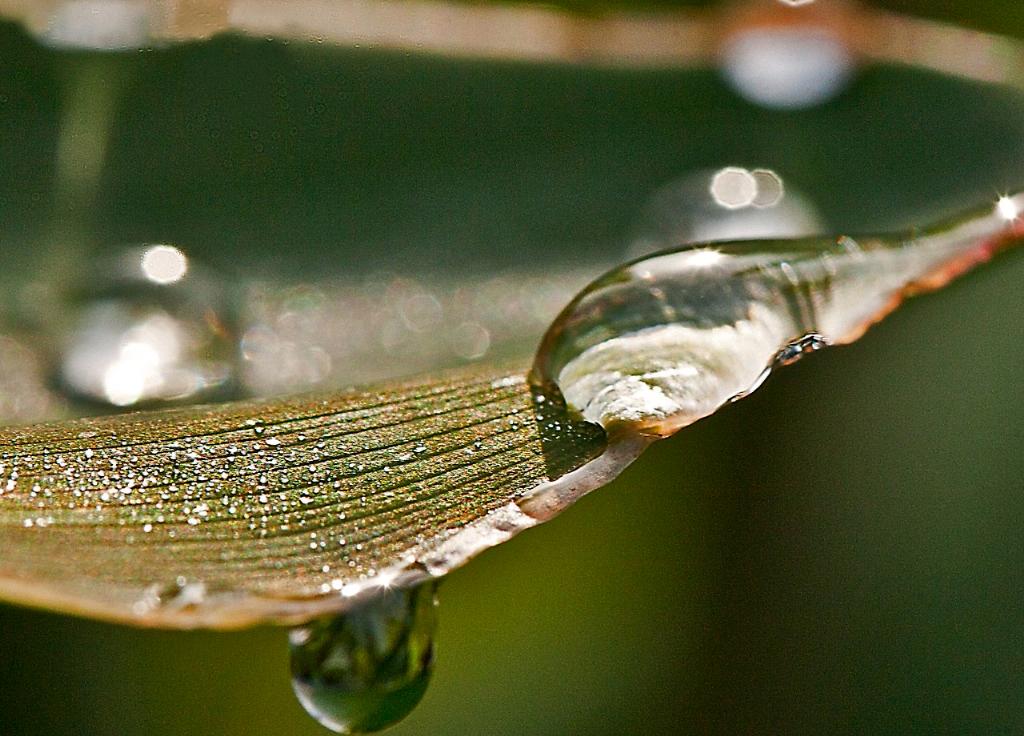Canna lilies, known for their vibrant blooms and lush foliage, are popular ornamental plants in many gardens. These plants are prized for their tropical appearance, making them a favorite among gardeners looking to add a touch of exotic beauty to their landscapes. But one question that often arises among gardening enthusiasts is whether canna lilies are perennials or not. In this article, we will delve into the intriguing world of canna lilies to uncover the truth behind their perennial status.
Overview of Perennials
Before diving into the specifics of canna lilies, let’s have a quick refresher on what perennials are. Perennials are plants that live for more than two years, often blooming multiple times throughout their lifespan. Unlike annuals, which complete their life cycle within a year, perennials have the ability to regrow from their roots each spring, offering lasting beauty to gardens year after year.
Characteristics of Canna Lilies
Canna lilies are renowned for their show-stopping flowers that come in a wide array of colors, including vibrant shades of red, yellow, orange, and pink. The foliage of canna lilies is equally impressive, with large, paddle-shaped leaves that add a tropical flair to any garden setting. These plants can grow quite tall, ranging from three to six feet in height, depending on the variety.
Defining Perennial Plants
The term “perennial” refers to plants that persist for several years, as opposed to annuals that complete their life cycle in a single growing season. Perennial plants have the ability to survive dormant periods and return each year under favorable conditions, making them a valuable addition to any garden that seeks long-term beauty and structure.
Perennial vs. Annual Plants
When comparing perennials and annuals, one key distinction lies in their lifespan. Annual plants complete their life cycle within a year, typically flowering, setting seed, and dying in a single growing season. Perennials, on the other hand, can live for multiple years, regrowing from their roots each spring to produce new foliage and blooms.
The answer to the burning question of whether canna lilies are perennials lies in their adaptability to different climates. In warmer regions, canna lilies behave as perennials, regrowing each year from their rhizomes to produce fresh foliage and blooms. However, in cooler climates where frost occurs, canna lilies may act as annuals, with their foliage dying back in winter and regrowing from the rhizomes in the following spring.
Factors Influencing Canna Lilies’ Perennial Status
Several factors can influence whether canna lilies behave as perennials or annuals in a particular region. Temperature, soil conditions, and water availability all play a role in determining the longevity of canna lilies in a garden setting. By providing optimal growing conditions and winter protection in colder climates, gardeners can help canna lilies thrive as perennials year after year.
Caring for Canna Lilies
To ensure the continued success of canna lilies in your garden, proper care and maintenance are essential. Plant canna lilies in well-draining soil, water them consistently during the growing season, and provide a balanced fertilizer to support their growth and blooming potential. In colder climates, mulching can help insulate the rhizomes and protect them from frost damage.
Conclusion
In conclusion, canna lilies have the potential to be perennials in suitable growing conditions, rewarding gardeners with their striking beauty year after year. By understanding the factors that influence their perennial status and providing the necessary care, gardeners can enjoy the enduring elegance of canna lilies in their outdoor spaces. So, the next time you consider adding a touch of tropical charm to your garden, remember that canna lilies might just be the perfect perennial plant for the job.

